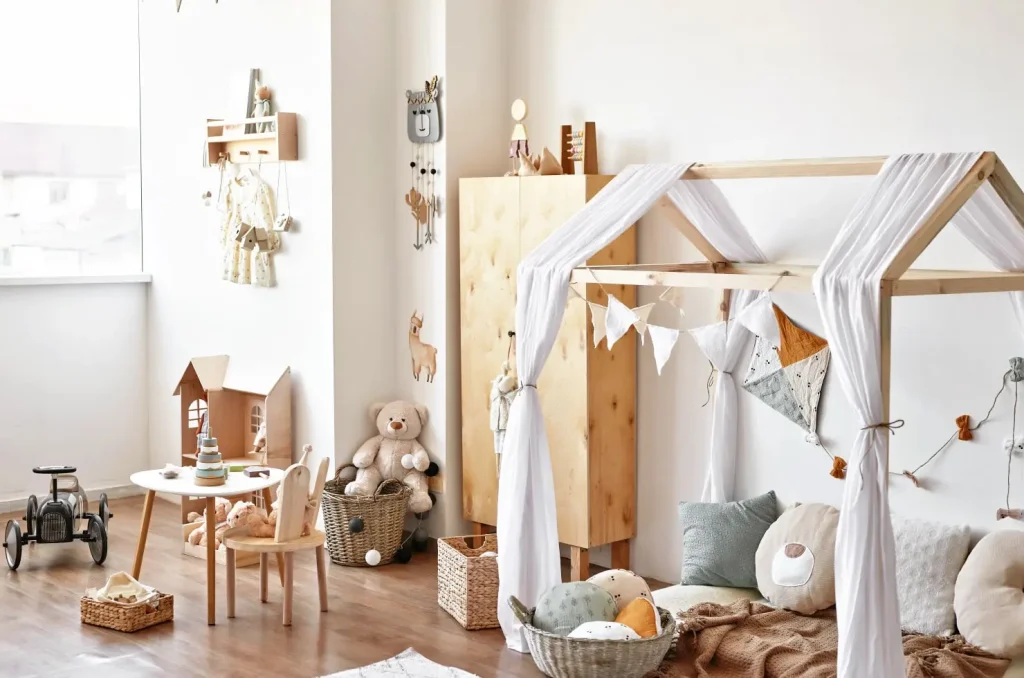When it comes to furnishing a child's space, safety is the top priority for parents. Selecting the right furniture involves careful consideration of materials, design, and compliance with safety regulations. Here’s what you need to know to create a safe environment for your little ones.

Importance of Non-Toxic Materials
Safety begins with the materials used in children's furniture. It’s crucial to choose pieces made from non-toxic materials that are free from harmful chemicals. Many conventional furniture items can emit volatile organic compounds (VOCs) and other hazardous substances that can affect your child's health. To ensure that the furniture is safe, look for certifications such as GREENGUARD Gold. This certification indicates that the product meets rigorous chemical emissions standards, providing peace of mind for parents concerned about indoor air quality.
Functional Design
Children's furniture should not only be safe but also functional. Opt for designs that can grow with your child, such as adjustable tables, convertible beds, and modular storage solutions. These versatile pieces maximize your investment by adapting to your child’s changing needs over time. Furniture that serves multiple purposes, like a bed with built-in drawers or a desk that can be adjusted in height, can help create a more organized and efficient space. This thoughtful approach ensures that the furniture remains relevant and useful as your child develops.
Understanding Safety Standards
Familiarizing yourself with safety standards for children's furniture is essential. Check for compliance with regulations set by organizations such as the Consumer Product Safety Commission (CPSC). These standards ensure that the furniture has undergone rigorous testing for safety and durability, minimizing the risk of injuries. Look for labels or certifications that indicate adherence to these safety guidelines. Additionally, consider furniture designed with rounded edges and sturdy construction to further enhance safety.
Conclusion
Choosing safe children's furniture is a multifaceted process that involves selecting non-toxic materials, considering functional designs, and ensuring compliance with safety standards. By prioritizing safety in your purchasing decisions, you can create a secure and nurturing environment for your children to play, learn, and grow. Investing time and effort into selecting the right furniture not only protects your child but also contributes to a healthier home atmosphere.
Post time: Nov-15-2024





